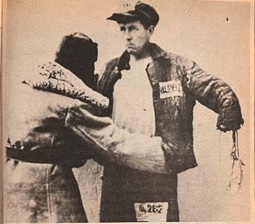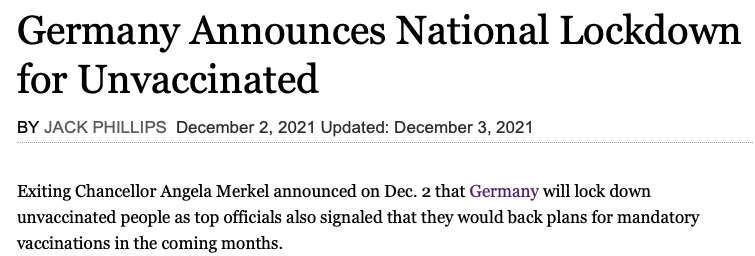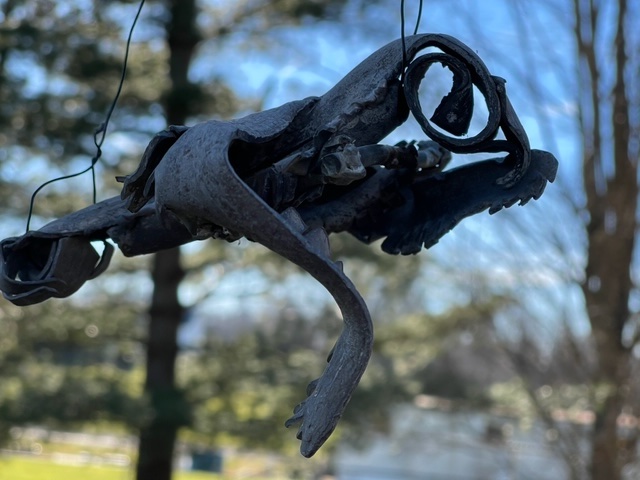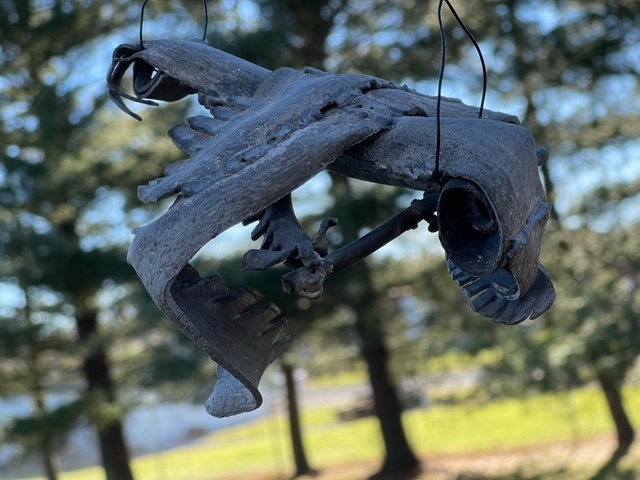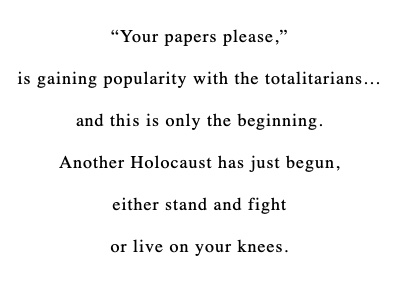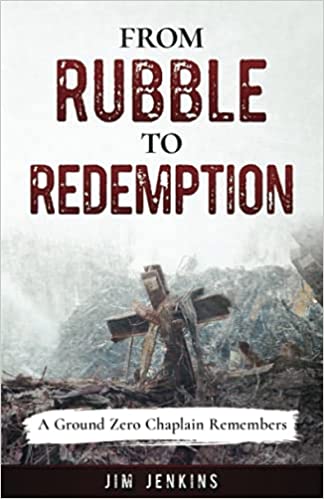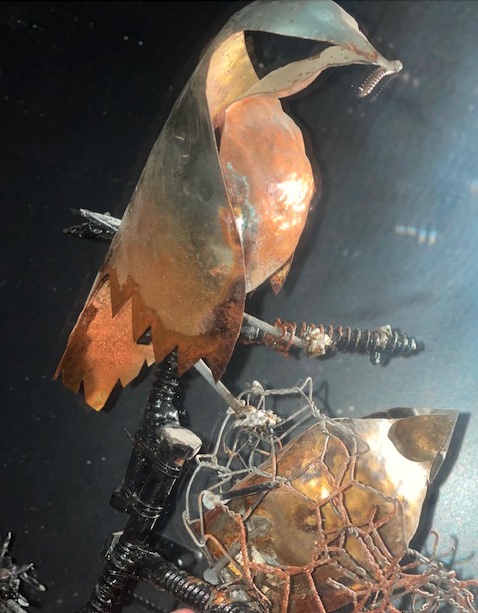in the evening,
in the black and dark night:…”
(Proverbs 7:9)
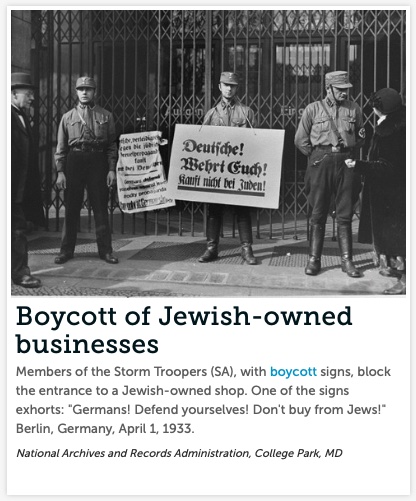 |
| Exhibit 1 |
in his life my father, a WWII veteran, finally began talking about the
War. It took his grandsons (my sons) to loosen
the tight grip of silence that so characterized his generation. When my sons began watching old episodes of McHale’s Navy and Hogan’s Heroes, Dad watched and laughed along with them. But one day he requested they watch The Great Escape. I observed that he struggled with it and I wondered why.
months before he died of pancreatic cancer Dad came to visit. He sat at
the table intently watching me work on a sewing project. Out of the blue a war story poured out. I stopped the machine and pretended to hand sew, riveted to every word. So
far as I know this was the only time he ever told this memory. I am recording it
here because it is a story that needs to be told. But first….
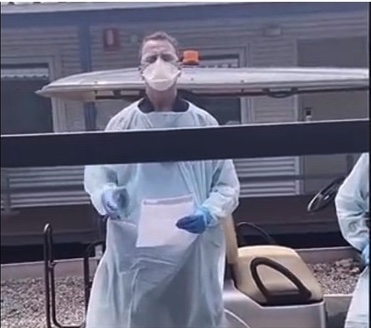 |
| Exhibit 2: An Australian camp enforcer |
might I myself not have become
just such an executioner?”
To answer this “dreadful question” honestly, Solzhenitsyn reflected back on his life. He proposed that it was first “inner intuition” that “prompted our refusal to enter the NKVD [Soviet secret police, 1934-1946, ed.] schools,” which “dangled before us special rations and double or triple pay.” He said that
repudiation. I don’t want to.
It makes me feel sick. . . I want no part of it.”
But as he thought back on his stint as a military officer he realized that “my power soon convinced me that I was a superior human being.” He wrote:
“If only there were evil people somewhere insidiously committing evil deeds, and it were necessary only to separate them from the rest of us and destroy them. But the line dividing good and evil cuts through the heart of every human being. And who is willing to destroy a piece of his own heart?
“During the life of any heart this line keeps changing place; sometimes it is squeezed one way by exuberant evil and sometimes it shifts to allow enough space for good to flourish. . . .
“Confronted by the pit into which we are about to toss those who have done us harm, we halt, stricken dumb: it is after all only because of the way things worked out that they were the executioners and we weren’t. . . .”
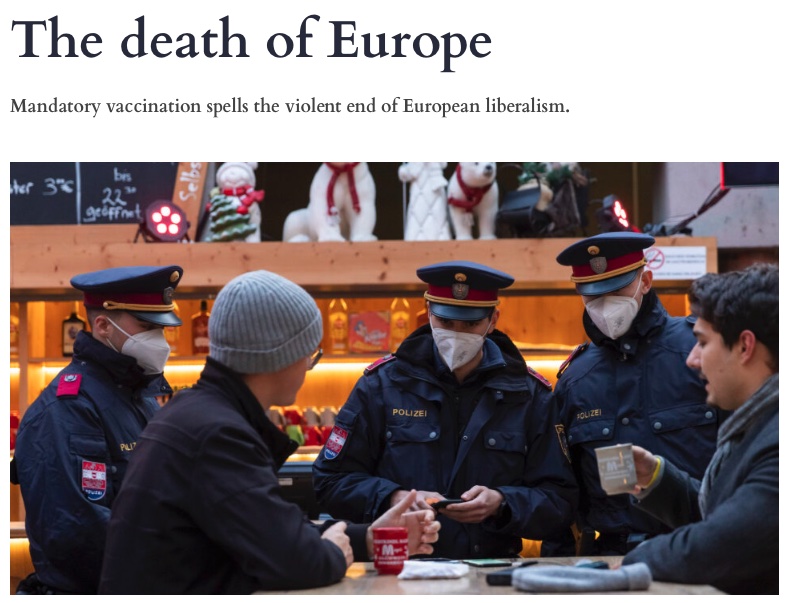 |
| Exhibit 4: “Your papers, please” |
As the act of an evildoer?
What sort of behavior is it?
Do such people really exist?”
“We would prefer to say that such people cannot exist, that there aren’t any. It is permissible to portray evildoers in a story for children, so as to keep the picture simple. But when the great world literature of the past – Shakespeare, Schiller, Dickens – inflates and inflates images of evildoers of the blackest shades, it seems somewhat farcical and clumsy to our contemporary perception. The trouble lies in the way these classic evildoers are pictured. They recognize themselves as evildoers, and they know their souls are black. And they reason: ‘I cannot live unless I do evil. So I’ll set my father against my brother! I’ll drink the victim’s sufferings until I’m drunk with them!’ Iago very precisely identifies his purposes and his motives as being black and born of hate.
“But no; that’s not the way it is! To do evil a human being must first of all believe that what he’s doing is good, or else that it’s a well-considered act in conformity with natural law. Fortunately, it is in the nature of the human being to seek a justification for his actions.
“Macbeth’s self-justifications were feeble – and his conscience devoured him. Yes, even Iago was a little lamb too. The imagination and the spiritual strength of Shakespeare’s evildoers stopped short at a dozen corpses. Because they had no ideology.
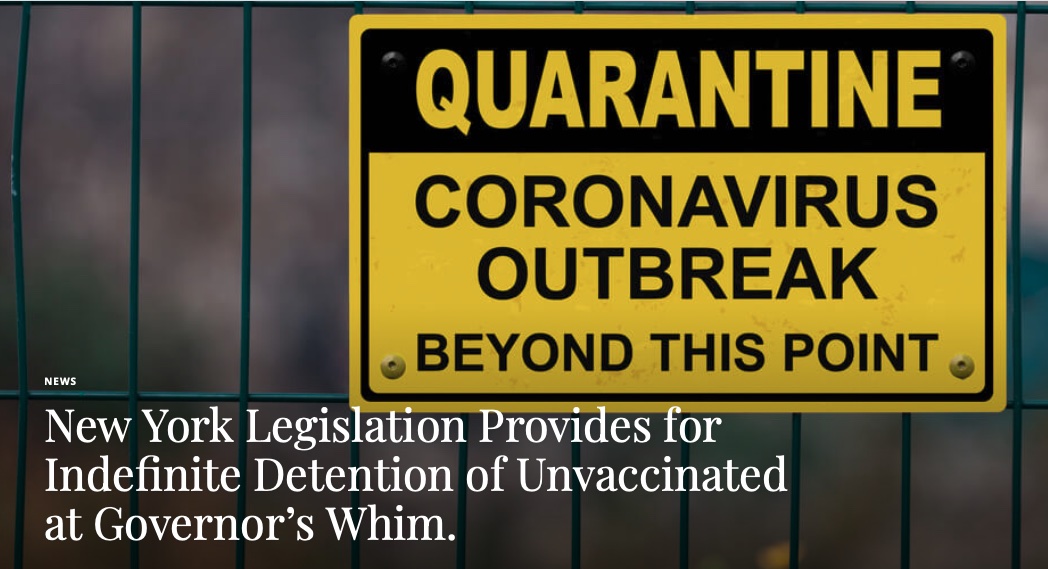 |
| Exhibit 5: The ideology at work (See more details HERE) |
Ideology – that is what gives evildoing its long-sought justification and gives the evildoer the necessary steadfastness and determination. That is the social theory which helps to make his acts seem good instead of bad in his own and others’ eyes, so that he won’t hear reproaches and curses but will receive praise and honors. That was how the agents of the Inquisition fortified their wills: by invoking Christianity; the conquerors of foreign lands, by extolling the grandeur of their Motherland; the colonizers, by civilization; the Nazis, by race; and the Jacobins (early and late), by equality, brotherhood, and the happiness of future generations.
“Thanks to ideology, the twentieth century was fated to experience evildoing on a scale calculated in the millions. This cannot be denied, nor passed over, nor suppressed. How, then, do we dare insist that evildoers do not exist? And who was it that destroyed these millions? Without evildoers there would have been no Archipelago.”
Borrowing from his background in physics, Solzhenitsyn explained scientific phenomena which can occur only at “threshold magnitudes, which do not exist at all until a certain “threshold encoded by and known to nature has been crossed.” Likewise, he observed,
“Evidently evildoing also has a threshold magnitude. Yes, a human being hesitates and bobs back and forth between good and evil all his life. He slips, falls back, clambers up, repents, things begin to darken again. But just so long as the threshold of evildoing is not crossed, the possibility of returning remains, and he himself is still within reach of our hope. But when, through the density of evil actions, the result either of their own extreme degree or of the absoluteness of his power, he suddenly crosses that threshold, he has left humanity behind, and without, perhaps, the possibility of return.”
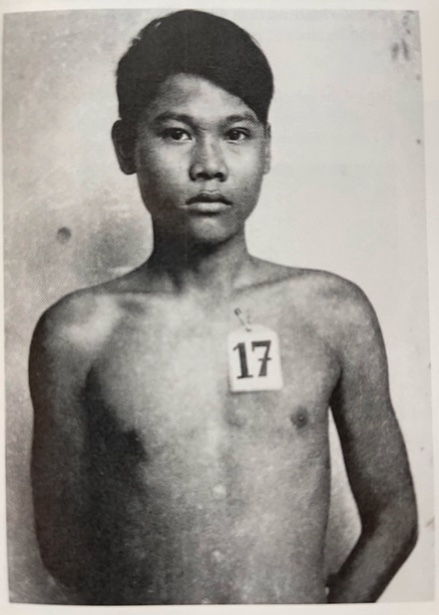 |
| Exhibit 7: The enforcer pinned a number onto the victim’s skin |
 |
| Exhibit 9 |
lived in and wrote about his horrific experiences in a concentration
camp in the 20th Century. He, like so many other survivors, hoped
that by living to tell about it he could warn others NEVER AGAIN. But here we are now into the third decade of the 21st Century and there are generations that “knew not Joseph”
(Ex. 1:8; Acts 7:18). They do not know World War II history. They were never told the truth about deadly totalitarian regimes.
we see a Regime on the rise again, rapidly becoming totally unfettered and unhinged. All of the Big Powers cozy together in a global crises management conglomerate of Tech, Pharma, State, Media, Agri… and their
cooperative partner Big Church (who is paid well for her services). These Elite Masters are working furiously to suppress truth and control narratives. And the little people are now experiencing for the first time their heavy hand of enforcement.
 |
| Exhibit 10: An earlier example of Big Church enforcement |
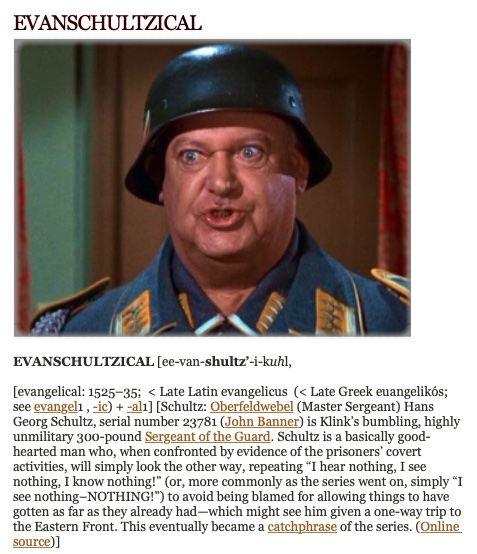 |
| In 2012 we wrote this satire. Read the entire post HERE |
post isn’t about a medical issue. We are examining the current crisis that has
become an excuse to launch a scary new era of humanitarian injustice. Each new mandate, edict and pronouncement lays an ominous path backwards into terrifying historical precedents. If it wasn’t a virus it would be some other crisis, engineered and strategically positioned to stanch freedom and enact tyranny.
As I was writing this section, I was blessed to read Pastor Jim Jenkins’ latest book From Rubble to Redemption: A Ground Zero Chaplain Remembers that recounts his experiences as a Chaplain First Responder at Ground Zero right after 9/11. His book portrays the devastation and grief in the immediate aftermath of the collapse of the two towers in New York City. Jim wrote that he daily walked through the rubble, coating his boots with a toxic dust that included human remains. Despite his difficult duties, his book is filled with hope and miracles. In fact, reading his book changed how I was going to write this post. The gentle spirit that comes through reminded me of all the good enforcers — the genuine enforcers — who were the real heroes on that devastating day and its aftermath. He wrote:
Before I left the Morgue for the last time, I went back to that plywood wall. I decided to add my own note to the symphony of quotes, sayings, encouragements, and laments. It comes from the prophet Jeremiah who endured the siege of Jerusalem. He had seen his relatives from the priestly class murdered. He watched while the temple was destroyed. Perhaps worst of all, he had witnessed a severe famine, and the cannibalism that resulted from it.Remembering mine affliction and my misery,
the wormwood and the gall.
My soul hath them still in remembrance,
and is humbled in me.
This I recall to my mind, therefore have I hope.
It is of the Lord’s mercies that we are not consumed,
because His compassions fail not.
~Lamentations 3:19-22 KJVAs I write this, our country is reeling from a pandemic, violence, fraud, and propaganda. Divisions run deep. Cities are engulfed in flames. Vitriolic accusations are hurled from citizen to fellow citizen, neighbor to neighbor. Anger, hatred, rage, and violence seem to reign in many people’s hearts. In a time of siege–like the one we find ourselves in now–we would do well to allow the Holy Spirit to get between us and everything we are watching. We need to listen as He gently encourages us.“Look for the helpers.”
bless them that curse you,
do good to them that hate you,
and pray for them which despitefullly use you,
and persecute you.”
(Matthew 5:44)
having your loins about with truth,
and having on the breastplate of righteousness;
…And [pray] for me,
that utterance may be given unto me,
that I may open my mouth boldly,
to make known the mystery of the Gospel.”
(Ephesians 6:14, 18)
Editor’s Note: My father’s brother, my uncle Don, published a book of Dad’s stories after he died, Lunch at the Igloo and Other Stories: A Tribute to the Great Depression by Paul Huling and Don Huling (Hither Page Press, Princeton, IL). You can read an excerpt here: https://herescope.net/2012/12/a-depression-christmas.html. Later my Uncle Don published some of their lighthearted war stories: A Trip on the Drunken Duchess: Stories of World War II and Beyond (Hither Page Press, 2009).

